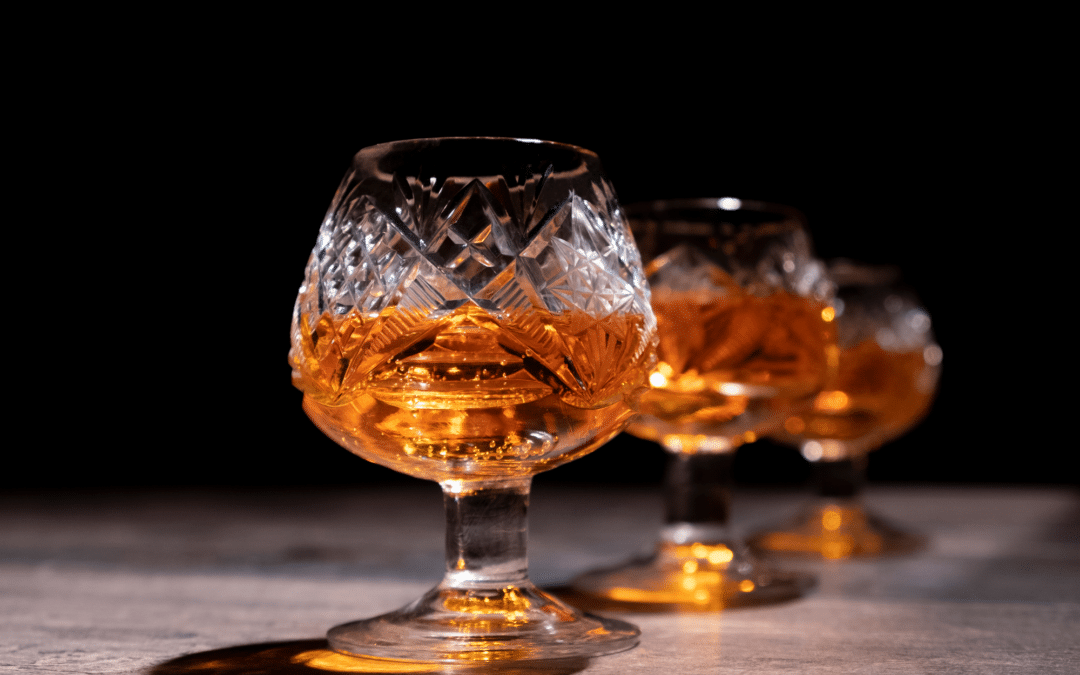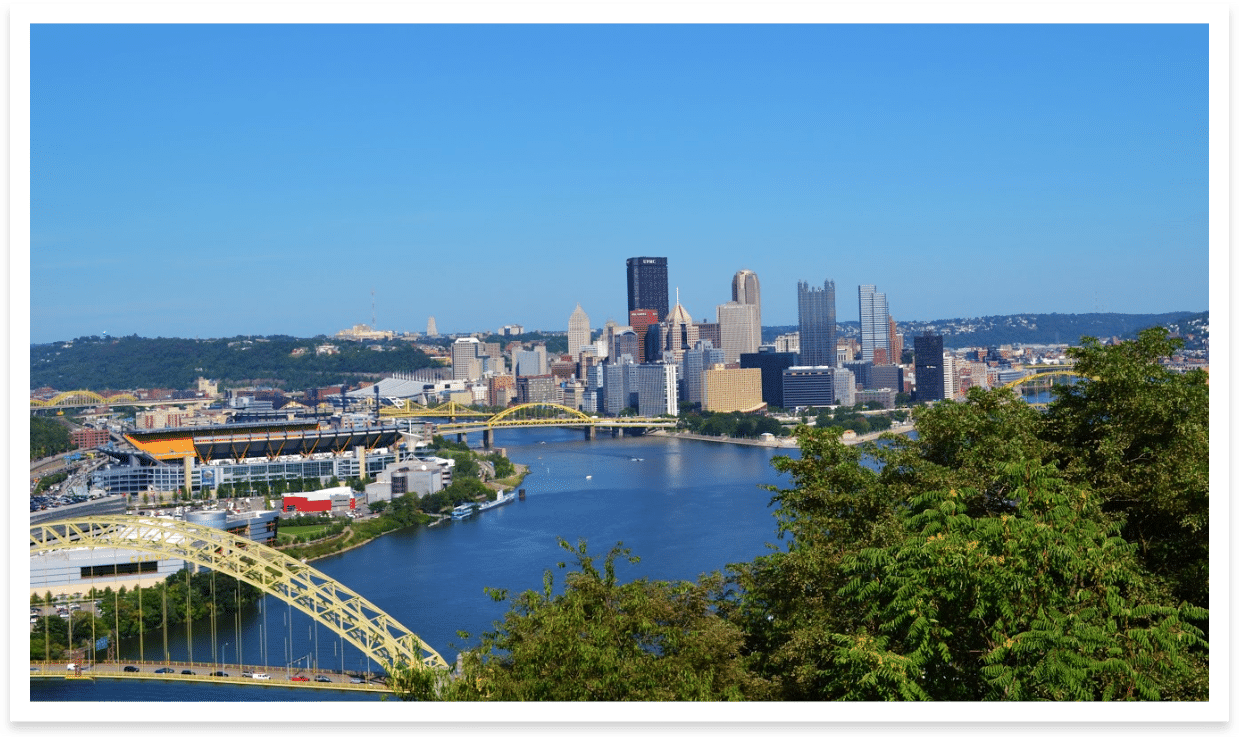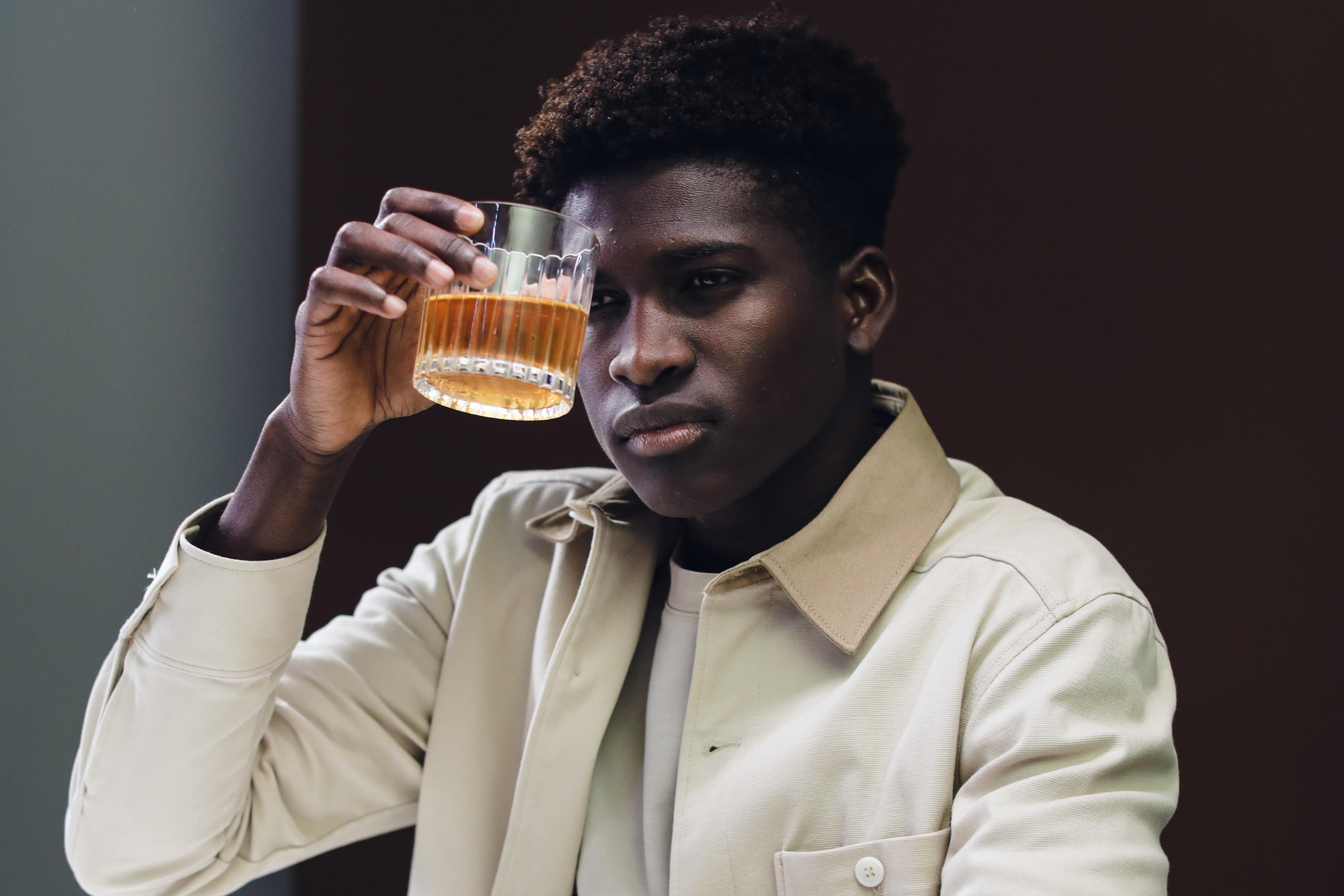Baltimore’s Whiskey History
Whiskey has been an important part of Baltimore’s culture and history for over two centuries. From the early days of the American colonies, Baltimore was an important hub for whiskey production and distribution, and the city’s residents have been enjoying the spirit ever since.
Early Days of Whiskey in Baltimore
In the early days of the American colonies, whiskey was a popular and affordable spirit that was produced by farmers and distillers throughout the region. In Baltimore, local residents began to produce and distribute whiskey on a larger scale, with several distilleries opening up in the city in the late 1700s and early 1800s.
One of the most notable early whiskey producers in Baltimore was George Washington, who established a whiskey distillery at his Mount Vernon estate in Virginia in 1797. The whiskey produced at Mount Vernon was made from rye, which was a popular grain for whiskey production in the mid-Atlantic region at the time.
Rise of Baltimore Whiskey
In the 1800s, Baltimore emerged as a major center of whiskey production and distribution, thanks in part to the city’s location on the East Coast and its access to major shipping lanes. Distilleries like the Monongahela Distillery and the Maryland Distillery produced large quantities of whiskey that were sold throughout the region, and Baltimore’s reputation as a whiskey hub grew.
One of the most famous Baltimore whiskey brands was the Old Overholt brand, which was produced by the Monongahela Distillery and later acquired by the National Distillers Products Corporation. Old Overholt was a popular rye whiskey that was known for its high quality and distinctive flavor.
Prohibition and the End of Baltimore Whiskey
In 1920, the 18th Amendment to the U.S. Constitution went into effect, banning the production, sale, and transportation of alcohol throughout the country. Prohibition had a major impact on the whiskey industry in Baltimore and elsewhere, as many distilleries were forced to shut down and the demand for whiskey plummeted.
After Prohibition was repealed in 1933, the whiskey industry in Baltimore and elsewhere began to recover, but it was never quite the same. Many of the distilleries that had been established in Baltimore in the early 1900s were never able to reopen, and the industry never regained the prominence it had enjoyed in the 1800s.
Today, whiskey is still an important part of Baltimore’s culture, and the city is home to several distilleries that produce high-quality whiskey using traditional methods. Visitors to Baltimore can take tours of these distilleries and learn more about the city’s rich whiskey history. Purchase your Whiskey Rebellion The Finale pass to visit some of Baltimore’s best distilleries.
From its early days as a colonial port to its heyday as a major center of whiskey production in the 1800s, Baltimore has a rich and fascinating whiskey history. While Prohibition and other factors have had a major impact on the industry over the years, whiskey remains an important part of the city’s culture and identity today. Whether you’re a whiskey aficionado or simply interested in learning more about Baltimore’s history, the city’s whiskey legacy is well worth exploring.
The Finale pass is filled with wonderful distilleries around the city including Baltimore Spirits Company. Buy your passes here.



